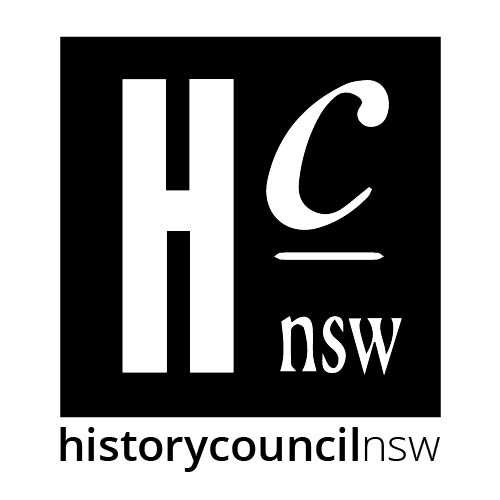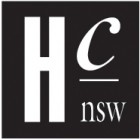
Our 2020 Speakers
Speaker Connect Program
The History Council of NSW hosts a program of speakers of outstanding quality and expertise, connecting them with organisations across the state to facilitate the sharing of their wealth of knowledge with the wider community, linking members with member organisations to bring history alive.
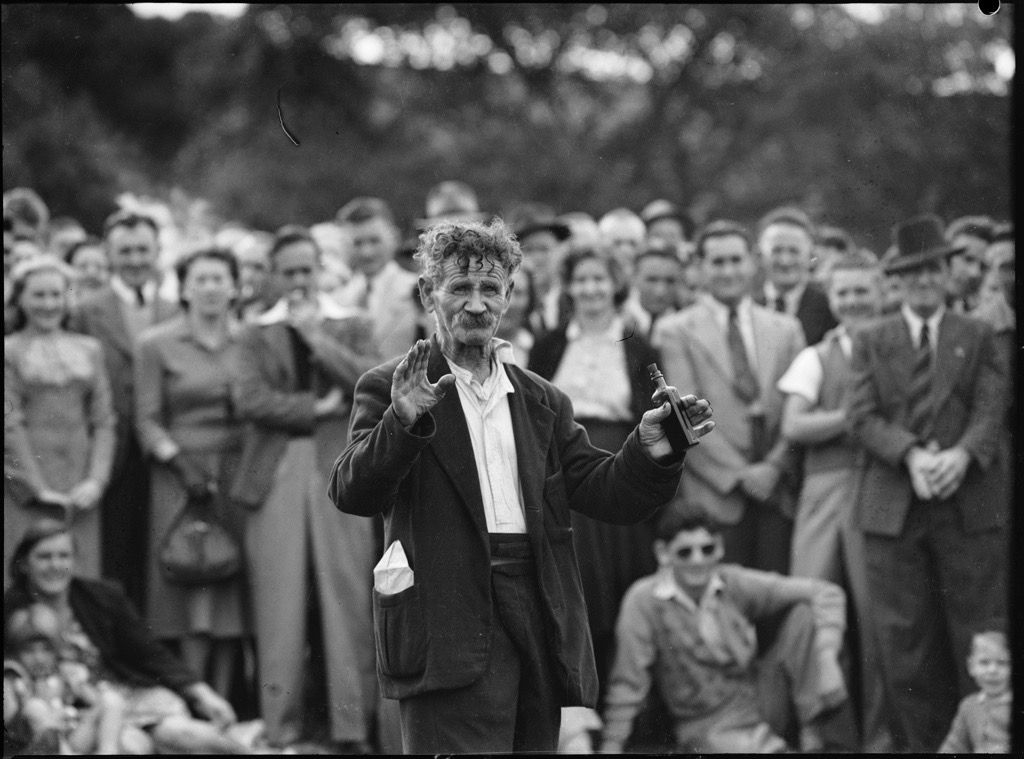
Our speakers during 2020, including History Week were:
Diana Sillato
Diana is a postgraduate student at the University of Newcastle researching the Anzac experience in Malta during the Gallipoli campaign.
She has been teaching Modern History and Society and Culture for over twenty years. In 2019 Diana was awarded a grant from the Australian Army Historical Unit to assist with her research.

Our Speaker | Diana Sillato
Speaker Connect Lecture – online
”Yells, Bells and Smells’: The Anzacs in Malta during the Great War’. Hosted by Bathurst Library. ‘Yells, Bells and Smells’ shines a light on this forgotten episode of Anzac history and examines the experiences of convalescing soldiers and their nurses in Malta during 1915 and 1916.

Wounded soldiers at Ricasoli Hospital, Malta – Christmas 1915 (Museum of Military Medicine, Aldershot, England)
Jo Henwood
Jo Henwood has been a Tour Guide since 1998, working primarily as a site Guide and Education Officer in many heritage sites around Sydney, building a rich understanding of Sydney’s history and culture, particularly around the Harbour. She is an Accredited Storyteller with the NSW Storytelling Guild and a member of the International Museum Theatre Alliance: Asia Pacific, Museums Australia, and Australian Folklore Network. She is co-founder of the Australian Fairy Tale Society. Her qualifications include BA (Library Science), Tour Guiding Cert III, Grad Dip Museum Studies, Grad Cert Gifted Ed, M. Cultural Heritage.
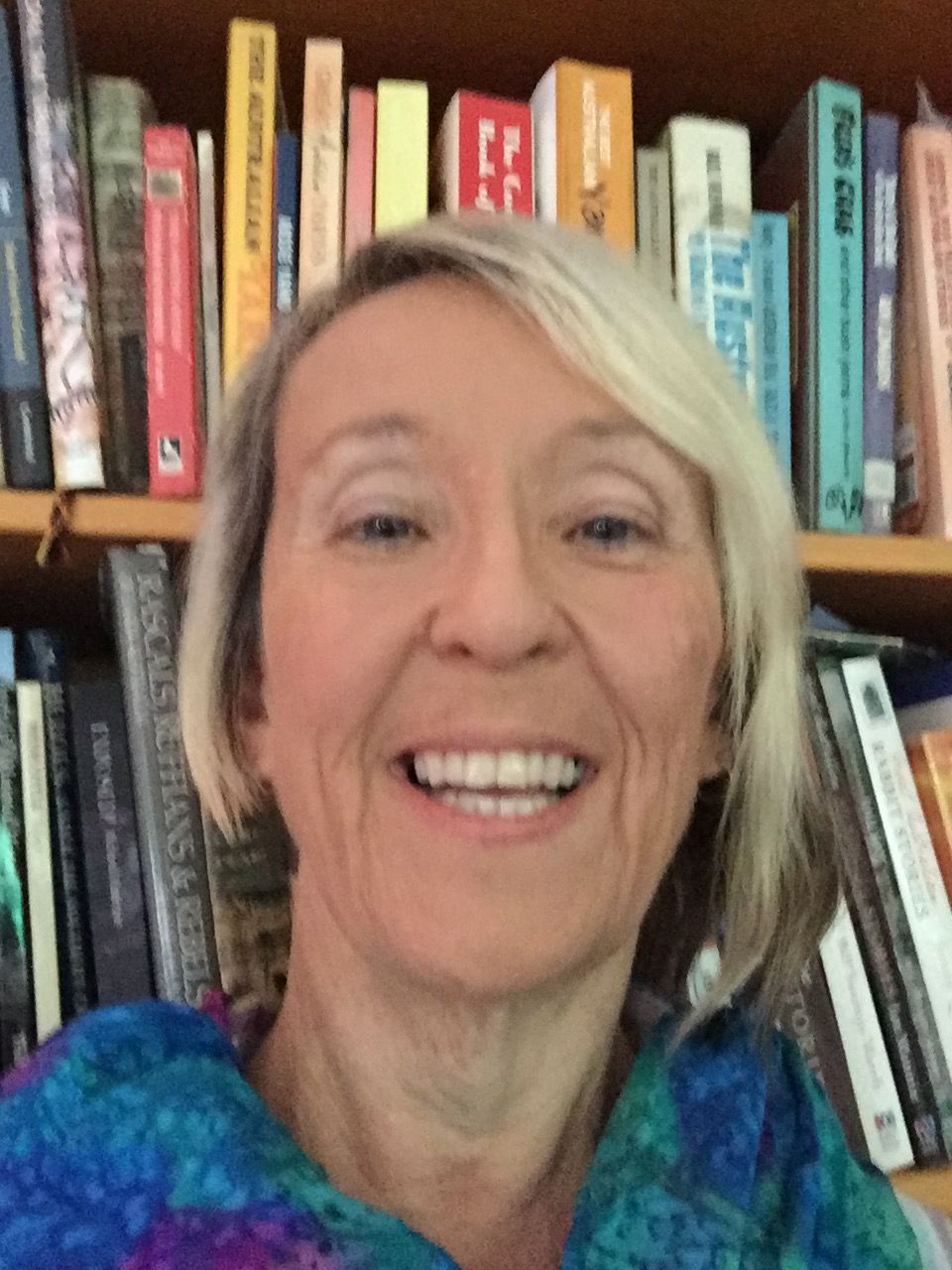
Speaker Connect Lecture – online & in-person
‘Invisiblising the Orphans’. Hosted by Bathurst Library and Lake Mac Libraries. Large buildings in Parramatta, Randwick, Goulburn, Orange, and St Joseph’s in Bathurst, dominated the landscape. But when these orphanages became a source of shame for how we had treated the most vulnerable they disappeared from view, repurposed or razed. When the objects disappeared then the stories were silenced and the children also became invisible.

Sisters of Mercy, Bathurst.
John Ebert
A retired lawyer with a passion for history, in 2005 John commenced postgraduate studies with the intention to teach Legal Studies, Modern History and English in High School. The journey starts with one of his assignment topics for Twentieth-Century Australia – ‘the Dunera contingent’. At this point of time, he had not even heard anything of the Dunera. As a result of his research, he became very interested in the Dunera and its internees. He concluded: “the fact that over 2000 men were transported to Australia and kept behind barbed wire was in my opinion totally unjustified both legally and morally.” He is now on the Committee of the Dunera Association.

Speaker Connect Lecture – in-person
‘The Dunera’. Hosted by Bathurst Library. In 1940 a ship called ‘The Dunera’ brought over 2,500 men from England to Australia. They were from Germany, Austria and Italy. Researcher John Ebert will discuss the stories of these men, including who they were, why they were sent and what happened to them. Watch the recording here.

Kate Shilling
Kate is keen to help heritage organisations of all sizes develop tourism experiences that connect and bring more customers into their community, creating a vibrant heritage tourism industry that generates business for genealogists, history groups and heritage organisations in regional Australia.

Speaker Connect Lecture – online
‘Tap Into Tourism’. Hosted by Lake Mac Libraries. Heritage organisations and historical associations are great at hosting special events to commemorate moments in time and people from the past. Her workshop provided local history groups with tools and tourism advice inspiring them to connect and collaborate, transforming their calendar of events into a range of heritage experiences that appeal to modern travellers.
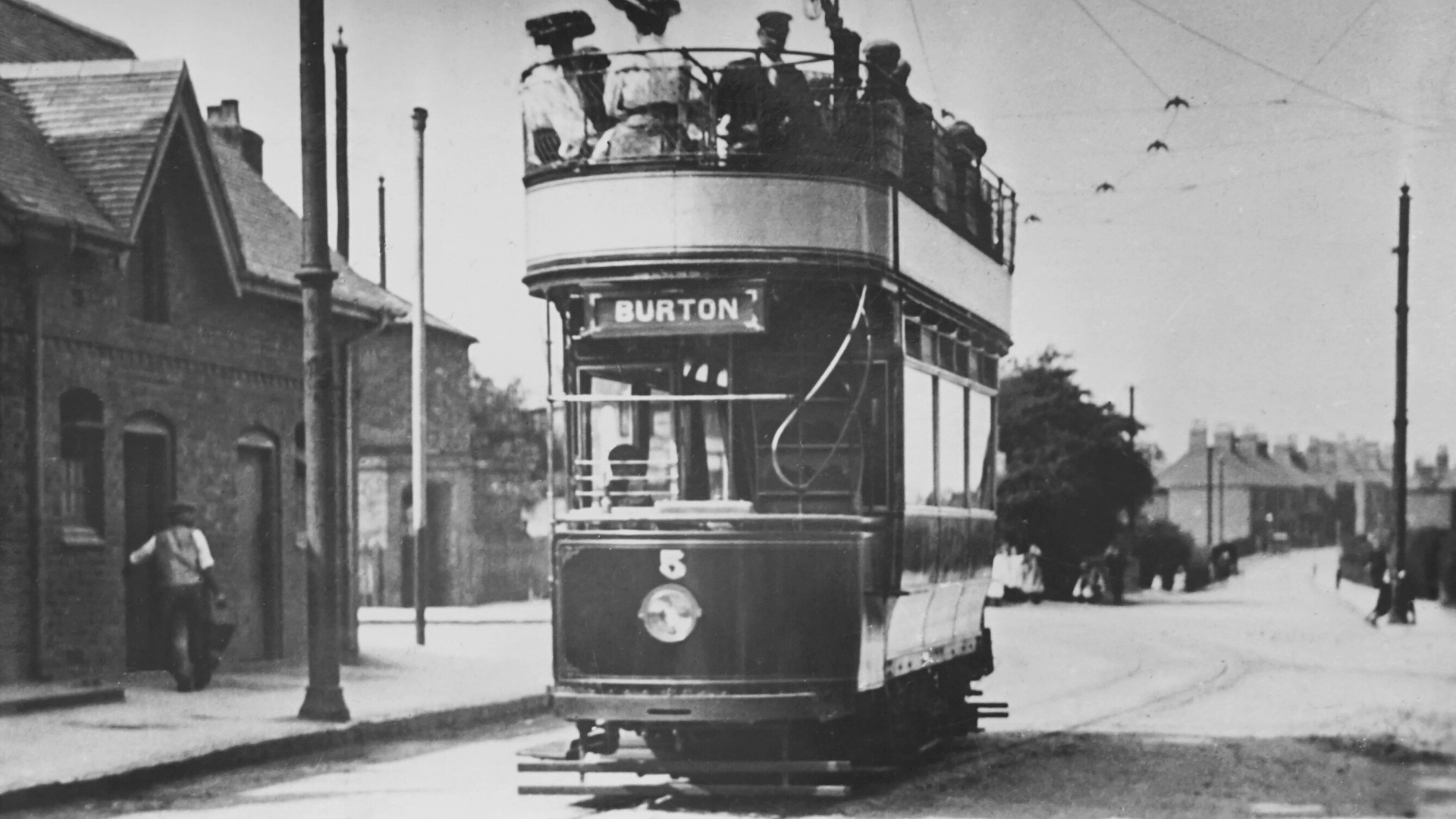
Cathy Perkins
Cathy Perkins is the author of the biography The Shelf Life of Zora Cross. She edits SL magazine and other publications at the State Library of NSW and has worked as a book editor, in a bookshop and for the Australian Society of Authors. Her essays on Zora Cross have been published in the literary journal Meanjin. The Shelf Life of Zora Cross, Monash University Publishing, 2019 can be purchased here.
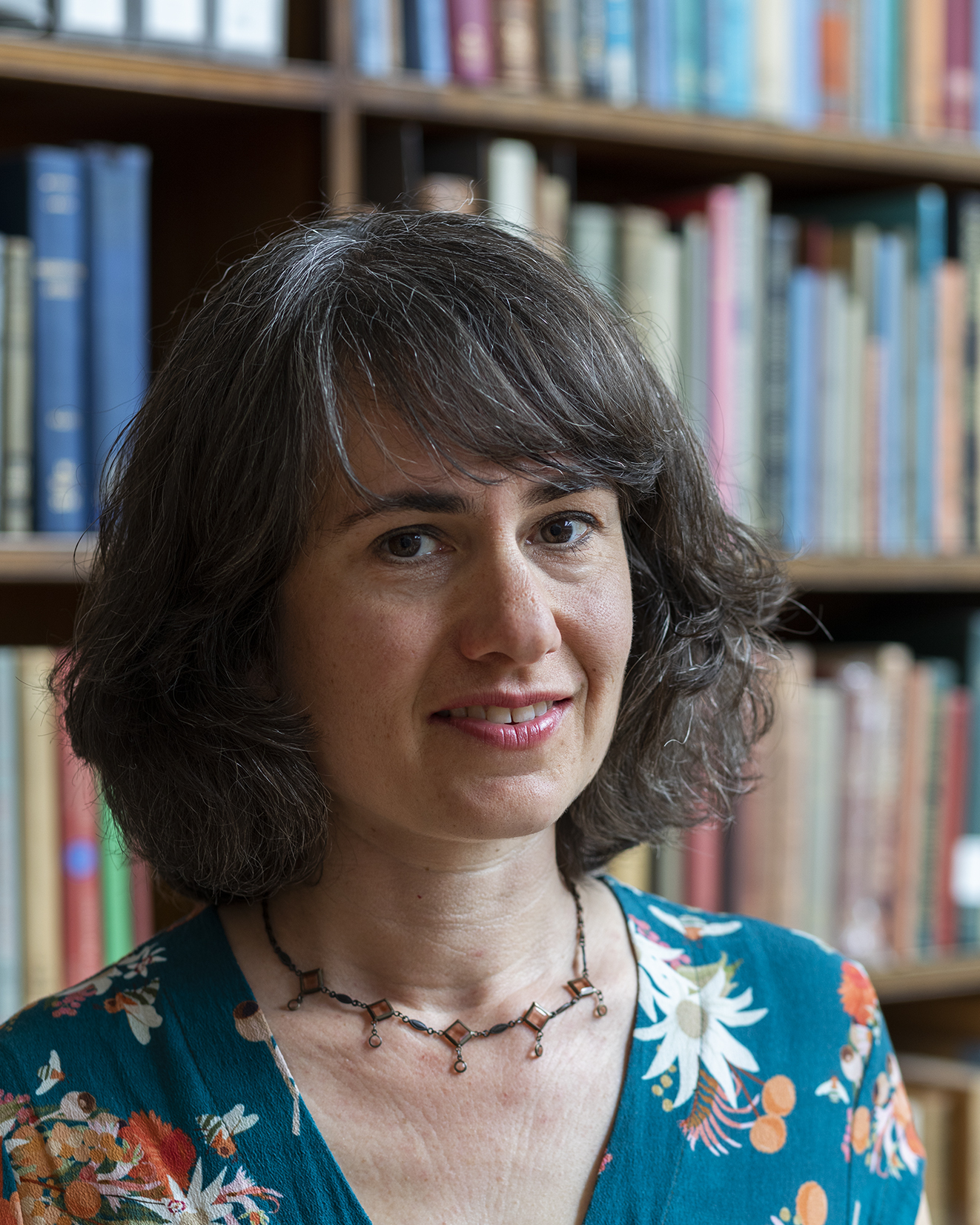
Speaker Connect Lecture – online
‘Tap Into Tourism’. Hosted by Lake Mac Libraries. Heritage organisations and historical associations are great at hosting special events to commemorate moments in time and people from the past. Her workshop provided local history groups with tools and tourism advice inspiring them to connect and collaborate, transforming their calendar of events into a range of heritage experiences that appeal to modern travellers.
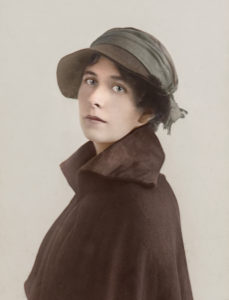
Alexandria Hawkins
Alexandria holds a Bachelor of Arts with a Diploma of Education and a Master of Research both majoring in Modern History. She is currently undertaking a PhD in the Department of Modern History, Politics and International Relations at Macquarie University. Her current research is looking at the history of the women’s refuge movement in regional NSW. Her PhD research was awarded the 2019 National Council of Women’s Australian Women’s History Award.
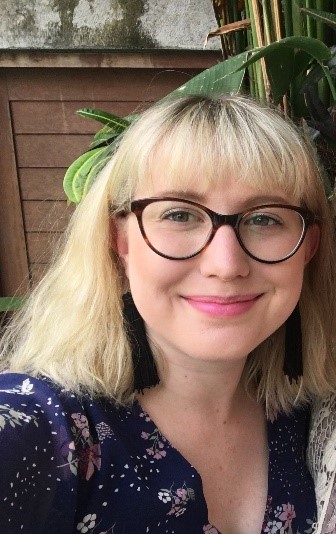
Speaker Connect Lecture – online
‘Uncovering the History of the Women’s Refuge Movement in Regional NSW, 1974-2014′. Hosted by Lake Mac Libraries. The women’s refuge movement emerged in Australia in the mid-1970s and made explicit for the first time, the link between domestic violence and the need for shelter. This movement is now over forty-years-old. However, very little research has been done in charting how the women’s refuge movement developed in rural and regional Australia. Her talk discussed her the aims and purpose of her PhD project which is working to address this gap in the literature and will consider how uncovering the history of women’s refuges in regional NSW can both challenge and enrich our current understandings of the history of the women’s refuge movement in Australia more broadly.
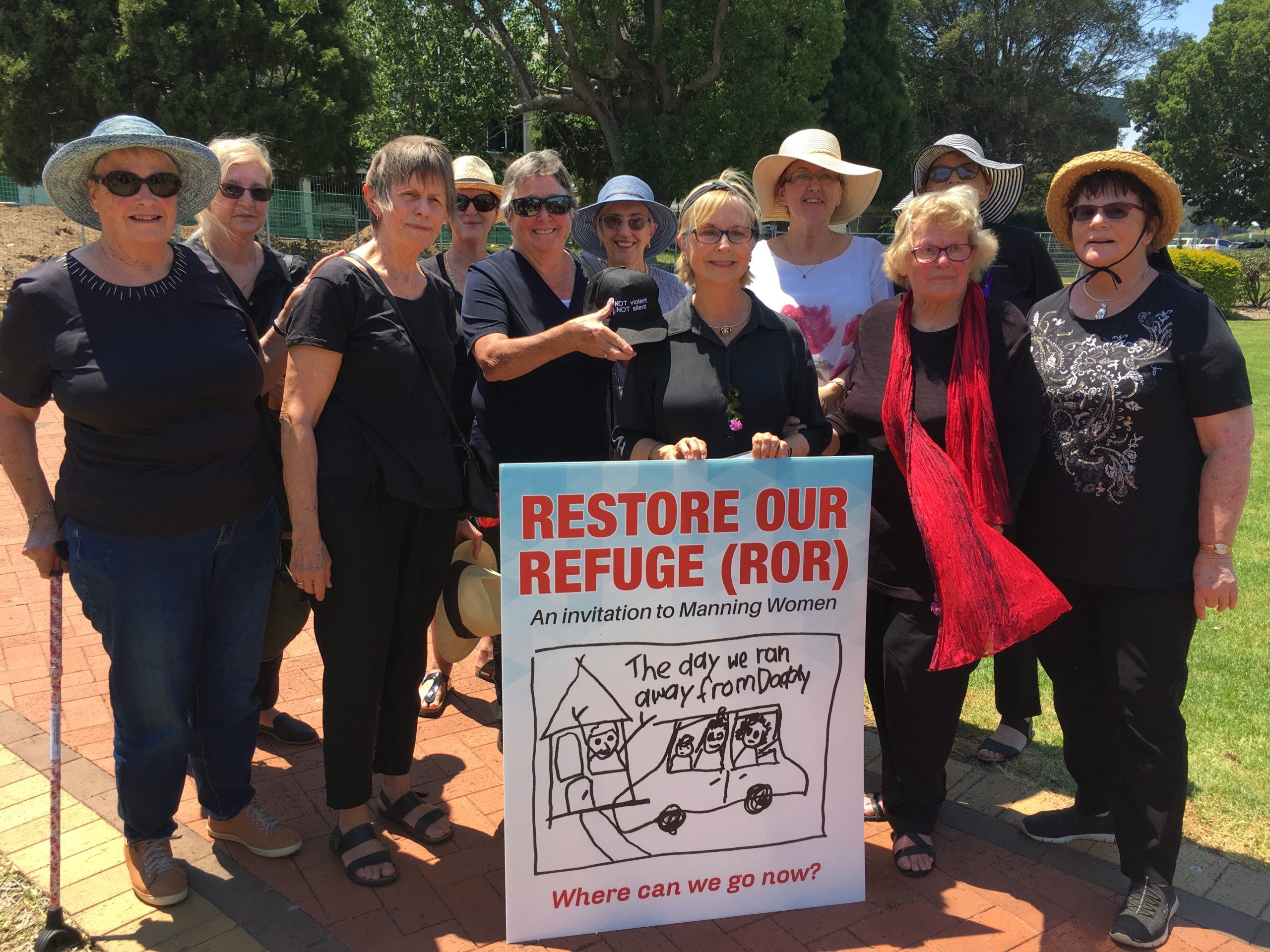
These speakers were a part of the History Council of NSW’s 2020 Speaker Connect Program.
Supported by CreateNSW.
Contact Us
Image: Four young children, 1932, by Sam Hood, courtesy State Library of NSW.
